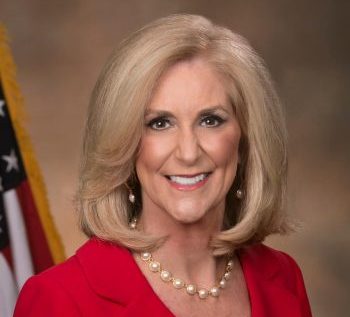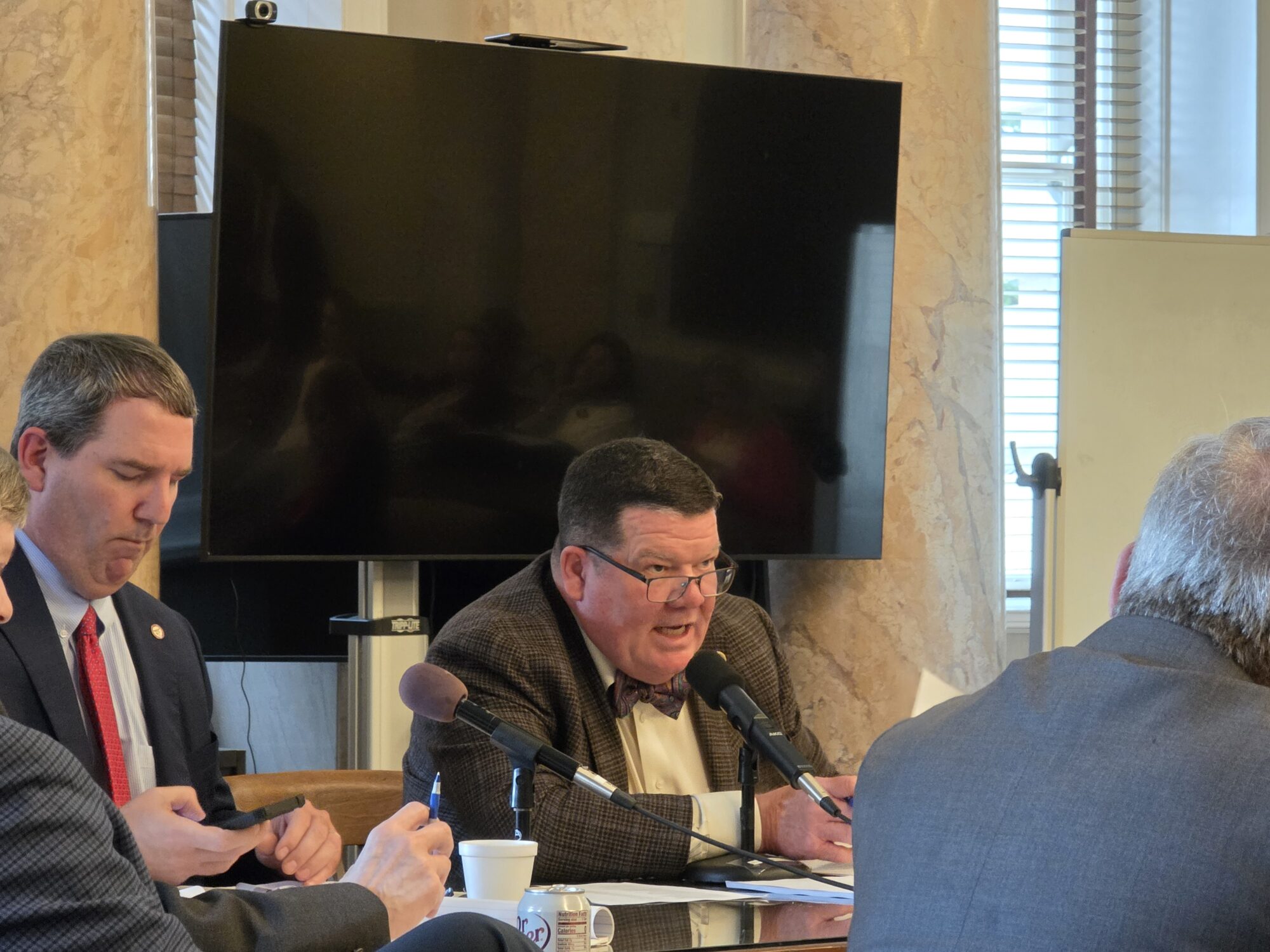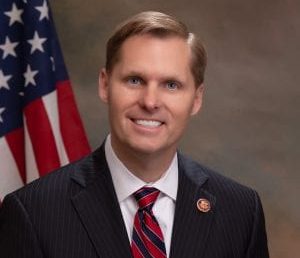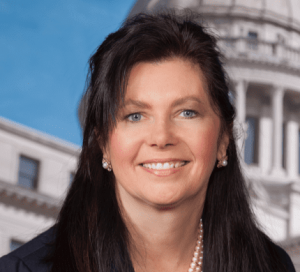
Attorney General Lynn Fitch
Attorney General Fitch and a coalition of attorneys general from 47 states, the District of Columbia, and 5 U.S. territories reached a $573-million settlement with one of the world’s largest consulting firms, McKinsey & Company. The settlement resolves investigations into the company’s work for opioid companies, helping those companies promote their drugs and profiting from the opioid epidemic they helped create.
“Nearly 60% of drug overdose deaths in Mississippi in 2018 involved opioids. This epidemic is killing our loved ones and our neighbors. It is tearing apart our communities and our families,” said Attorney General Lynn Fitch. “This settlement is a step toward holding companies accountable for the role they played in this epidemic and toward healing Mississippi.”
The settlement, after payment of costs, is expected to be used to abate problems caused by opioids in the participating states. Mississippi will receive just over $5 million from the multistate settlement. This is the first multi-state opioid settlement to result in substantial payment to the states to address the epidemic.
In addition to providing funds to address the crisis, the agreement calls for McKinsey to:
- Prepare tens of thousands of its internal documents detailing its work for Purdue Pharma and other opioid companies for public disclosure online,
- adopt a strict document retention plan, continue its investigation into allegations that two of its partners tried to destroy documents in response to investigations of Purdue Pharma,
- implement a strict ethics code that all partners must agree to each year, and · stop advising companies on potentially dangerous Schedule II and III narcotics.
Today’s filings describe how McKinsey contributed to the opioid crisis by promoting marketing schemes and consulting services to opioid manufacturers, including OxyContin maker Purdue Pharma, for over a decade. The complaint, filed with the settlement, details how McKinsey advised Purdue on how to maximize profits from its opioid products, including targeting high-volume opioid prescribers, using specific messaging to get physicians to prescribe more OxyContin to more patients, and circumventing pharmacy restrictions in order to deliver high-dose prescriptions.
The opioid epidemic has led to considerable harm to individuals and communities in Mississippi over the last 20 years, during which time, the rate of overdose deaths involving opioids doubled. Mississippi’s per capita rate of painkiller prescriptions is one of the highest in the nation. On an economic level, these deaths—and the impacts on those who have struggled with opioid addiction—have created considerable costs to Mississippi in the form of health care, child welfare, criminal justice, and many other programs needed to address the epidemic. It has also resulted in lost economic opportunity and productivity. On the social level, opioid addiction, abuse, and overdose deaths have torn families apart, damaged relationships, and eroded the social fabric of communities.
Today’s filing is the latest action AG Fitch has taken to combat the opioid epidemic and to hold accountable those who are responsible for creating and fueling the crisis. AG Fitch recently pushed federal regulators to examine progress in the national fight against opioid abuse, authored an op-ed and produced educational materials about the dangers of the opioid epidemic in Mississippi, and hosted a National Drug Take Back Day program in partnership with the DEA and the Andrew Jackson Council of the Boy Scouts of America. Additional opioid litigation continues as well.
In addition to Mississippi, attorneys general from Alabama, Alaska, Arizona, Arkansas, California, Colorado, Connecticut, Delaware, Florida, Georgia, Hawaii, Idaho, Illinois, Indiana, Iowa, Kansas, Kentucky, Louisiana, Massachusetts, Maine, Maryland, Michigan, Minnesota, Missouri, Montana, Nebraska, New Hampshire, New Jersey, New Mexico, New York, North Carolina, North Dakota, Ohio, Oklahoma, Oregon, Pennsylvania, Rhode Island, South Carolina, South Dakota, Tennessee, Texas, Utah, Vermont, Virginia, Wisconsin, Wyoming, the District of Columbia, and the territories of American Samoa, Guam, the Northern Mariana Islands, Puerto Rico, and the U.S. Virgin Islands also joined the settlement.
Press Release
2/4/2021









